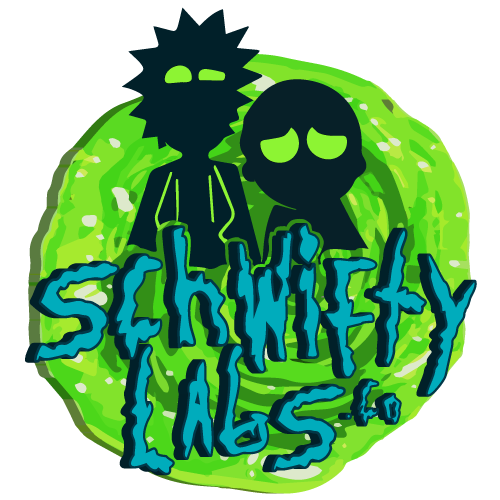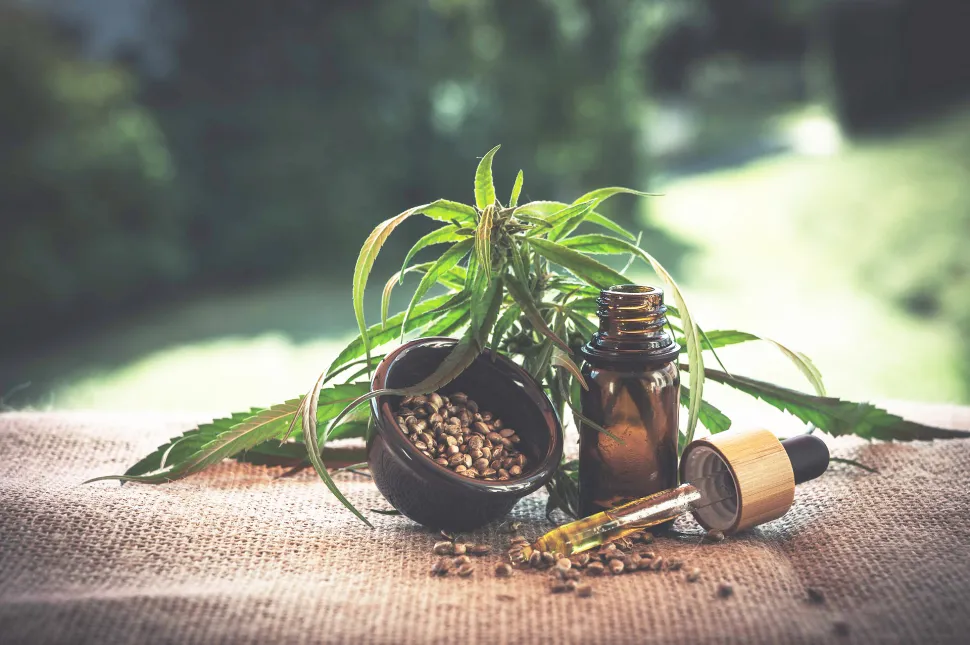LSD, Magic Mushrooms
How THC Interacts with Dopamine, GABA, and Serotonin”
Cannabis, once stigmatized and misunderstood, is now at the forefront of neurological research — especially for its effects on mood, motivation, stress, and mental clarity. But what gives cannabis its power over the brain? The answer lies in how its primary psychoactive compound, THC (tetrahydrocannabinol), interacts with the body’s neurotransmitters.
Neurotransmitters are the chemical messengers that govern everything from our emotions to focus to the ability to relax. Among the most influential are dopamine, GABA, and serotonin — each playing a distinct role in how we feel and function.
Let’s explore how THC impacts these key brain chemicals, and what that means for mood, cognition, and overall mental health.
First, How THC Works in the Brain
THC works by interacting with the endocannabinoid system (ECS) — a complex network of receptors (primarily CB1 and CB2) found throughout the body and brain. These receptors help regulate:
- Mood
- Appetite
- Pain
- Sleep
- Immune response
- Memory and learning
When THC binds to CB1 receptors in the brain, it doesn’t just act independently — it modulates other neurotransmitters, including dopamine, GABA, and serotonin, thereby influencing mood and perception in profound ways.
🧠 Dopamine: The Motivation and Reward Molecule
What It Does:
Dopamine is a neurotransmitter involved in reward, pleasure, motivation, and attention. It’s the chemical that gives you that “feel-good” sensation when achieving something or enjoying pleasurable activities.
THC and Dopamine:
- Short-term stimulation: THC causes a temporary release of dopamine, especially in the mesolimbic pathway, also known as the brain’s reward system. This can lead to feelings of euphoria, creativity, and motivation.
- Why it matters: This dopaminergic effect explains why cannabis can make music feel more immersive, food taste better, or ideas seem more profound.
- Long-term concerns: With chronic use, THC may lead to dopamine downregulation, meaning the brain may release less dopamine naturally. This could contribute to low motivation or “cannabis amotivation syndrome” in heavy users.
🧘 GABA: The Brain’s Natural Brake Pedal
What It Does:
GABA (gamma-aminobutyric acid) is the primary inhibitory neurotransmitter in the brain. It calms neural activity, helping to reduce anxiety, stress, and overstimulation. Think of it as the brain’s brake system, promoting relaxation and sleep.
THC and GABA:
- Modulation of GABA release: THC indirectly impacts GABA by inhibiting GABA-releasing neurons, especially in the prefrontal cortex and hippocampus.
- This reduction in GABA activity can have dual effects:
- It may disinhibit dopamine, allowing for more reward response.
- It may also lead to racing thoughts or anxiety, especially in high doses or THC-sensitive individuals.
Strain matters:
- Indica-dominant strains or THC products high in CBD and myrcene may enhance GABA-like calming effects.
- Sativa-dominant strains may have a more stimulating, GABA-reducing effect.
😊 Serotonin: The Mood Stabilizer
What It Does:
Serotonin is associated with mood, emotional regulation, sleep, and appetite. It’s a key target in antidepressants and psychedelic therapies.
THC and Serotonin:
- THC doesn’t bind directly to serotonin receptors, but it modulates serotonin signaling indirectly through the ECS.
- It can increase serotonin in the short term, which may improve mood and emotional resilience.
- Some cannabinoids (like CBD) interact more directly with serotonin receptors, particularly 5-HT1A, which may contribute to anxiolytic (anti-anxiety) effects.
Cannabis and mood disorders:
- Low doses of THC may enhance serotonin release, promoting stress relief and emotional insight.
- High doses, however, may disrupt serotonin balance, potentially worsening anxiety or triggering panic in sensitive users.
Cannabis and Neurotransmitters: A Delicate Balance
| Neurotransmitter | THC’s Effect | Outcome Depends On |
|---|---|---|
| Dopamine | Increases short-term release | Boosts motivation, but may cause crash |
| GABA | Suppresses GABA release | Can relax or overstimulate |
| Serotonin | Modulates signaling indirectly | Helps mood at low dose; too much can backfire |
Final Thoughts: THC as a Neurochemical Modulator
Cannabis is not just a plant that “gets you high.” Its interaction with neurotransmitters like dopamine, GABA, and serotonin reveals a much deeper role — as a neurochemical modulator capable of influencing motivation, emotion, and focus.
But like any powerful tool, its effects are highly dose-dependent and individualized. The same THC dose that boosts creativity and calm for one person may cause anxiety or brain fog in another.
If used intentionally — and with awareness of strain, dosage, set, and setting — cannabis can be a remarkable tool for mood enhancement, emotional processing, and mental exploration. But it’s crucial to respect its impact on your brain chemistry — because even natural tools can become disruptive without conscious use.

